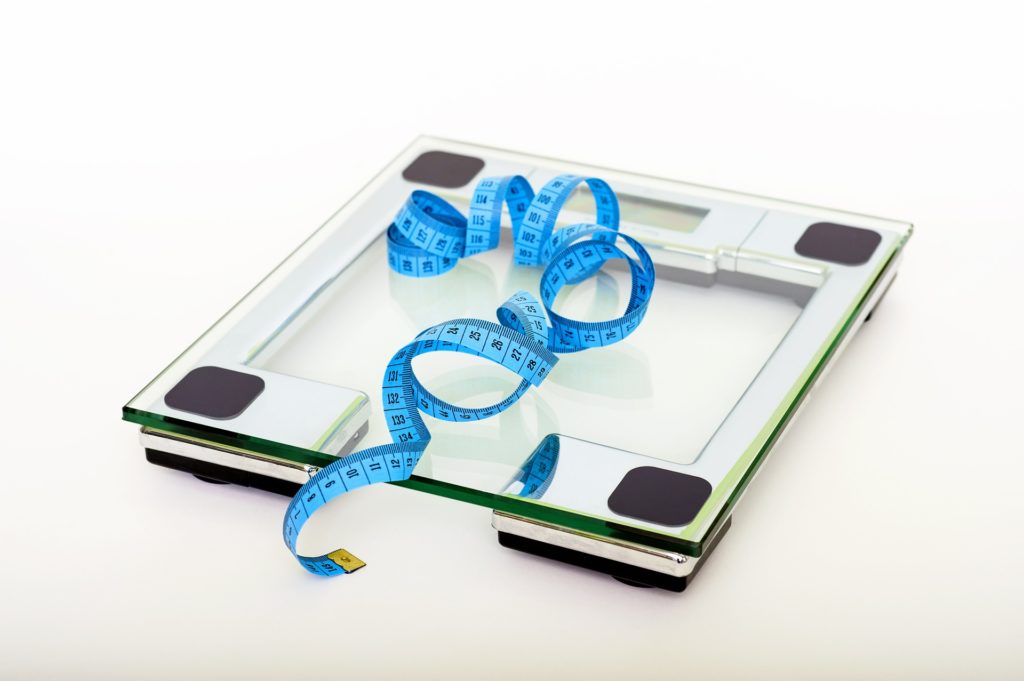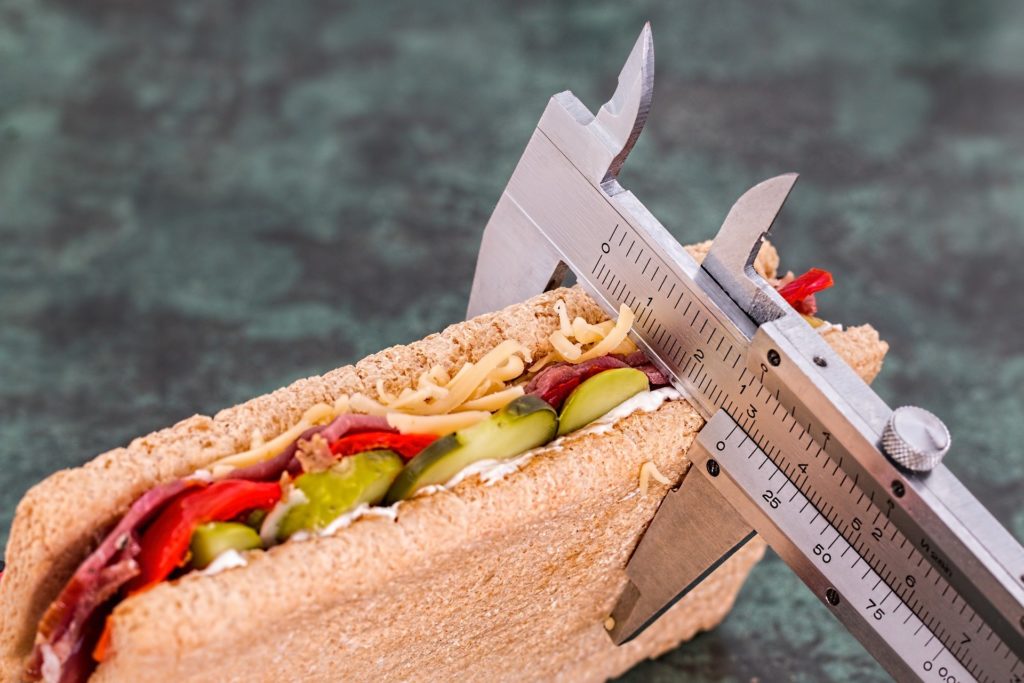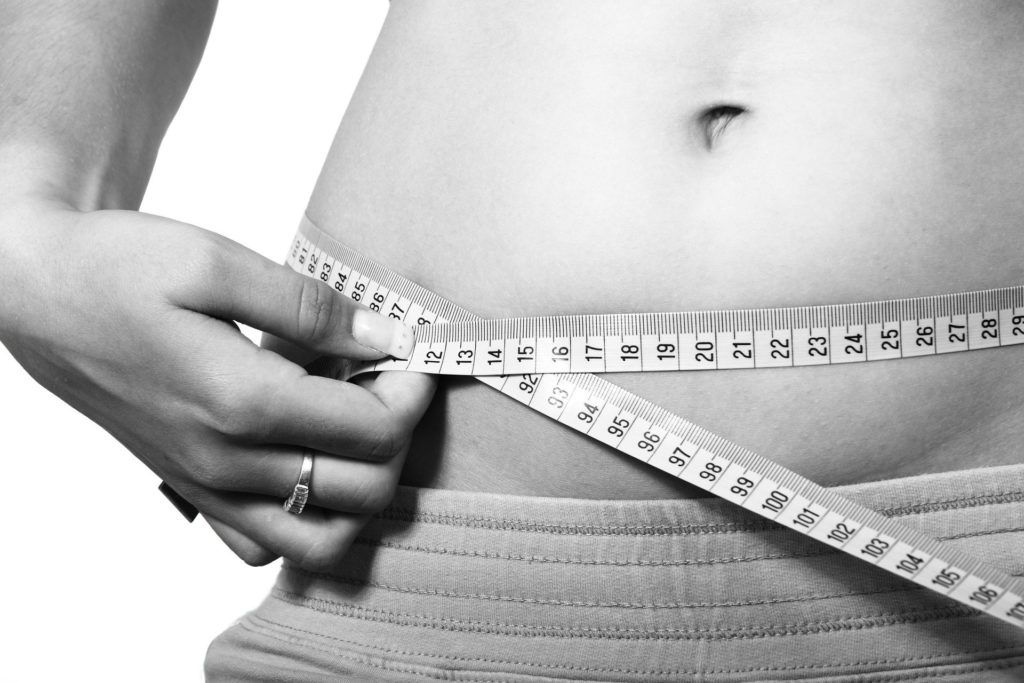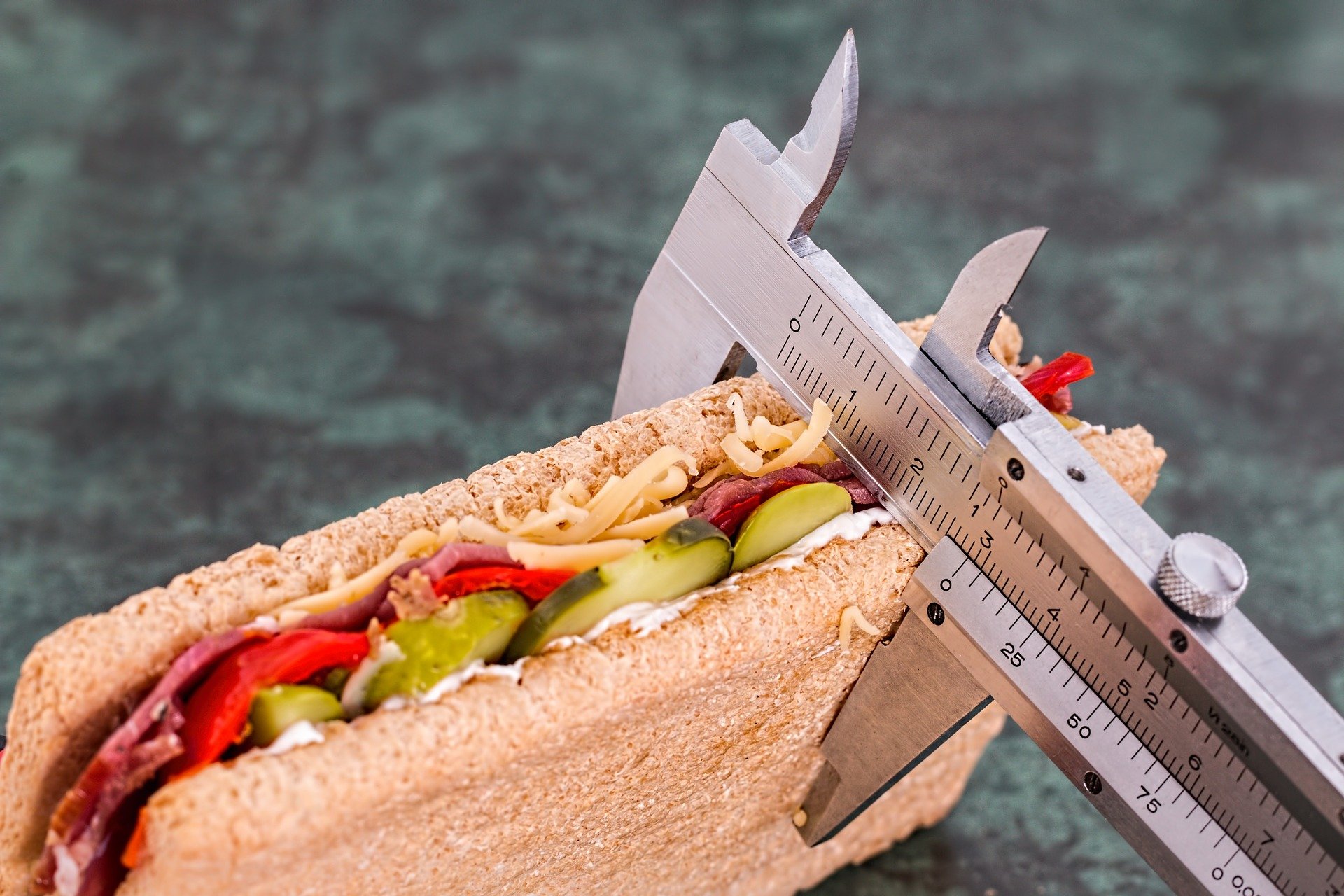A Nutritionists’ Thoughts
Many folks who have ever counted calories for the purpose of dieting have a number in mind for when they want to lose weight –1200 calories. This is a mythical number that many humans consider to be the ideal number of calories to eat to lose weight. Diet culture, in its many iterations of pills, bars, plans and programs, has taught us that this is an appropriate amount for someone trying to change their body size. Nutritionists, dietitians, and doctors will agree: Unless you are a toddler, this is simply not enough food to meet your nutrient needs each day. Not only will this lead to nutrient deficiencies, it can also fundamentally change your relationship with food and your body, especially if you engage in this behavior regularly throughout your life. Read on to hear my thoughts as a nutritionist on the 1200 calorie diet for weight loss.

Why is the 1200 calorie diet for weight loss bogus?
A lot of our information on caloric restriction is from a study called the Minnesota Starvation Experiment. Psychologists wanted to understand how hunger and starvation affect the brain and body. The study consisted of 36 men, who were put on a calorie-restricted diet, in which the average participant lost 25% of their body weight. There were 3 phases over a year – the starvation phase, the semi-starvation phase and lastly, an unrestricted recovery phase.
The starvation phase
During the starvation phase, the participants experienced fatigue and had decreased strength and stamina. They struggled on cognitive tasks and reported irritability, depression and apathy. They had lower body temperatures, lower heart rates and gaunt appearances. Also, they reported having obsessive thoughts about their next meal during the day and even dreamt about food at night. Participants became possessive over food and consistently devoured every crumb available to them. They began displaying eating disorder behavior, like cutting up food and rearranging it to make it appear as if there was more food available to them. Some even rummaged through the trash looking for more calories. The participants began chewing gum all throughout the day, so much that they experienced jaw pain and headaches.

The semi-starvation phase
In the next phase, the semi-starvation phase, they were put on a calorie-restricted rehabilitation diet. This increased their caloric intake, but still had a prescribed way of eating that was outside of their control. During this phase, they continued to exhibit a preoccupation with food. Participants had lower body temperature, lower respiration rates and decreased heart rate even though they were eating more calories. There were signs of social withdrawal and isolation as well as reporting a decline in concentration. They continued to display symptoms of depression and anxiety and only expressed positive feelings when talking about food.
The unrestricted diet phase
The last phase allowed for an unrestricted diet. During his time, participants were allowed to eat whatever they wanted. Across the board, they overate. Some even ate 5-6 times the amount of calories they ate during the starvation phase, resulting in gastrointestinal distress. Months later, they still struggled with obsessive thoughts around food, compulsive behaviors around food, poor body image and mental health struggles.

The Impact and My Nutritionist Thoughts
Throughout the rest of their lives, the participants reported difficult relationships with food. These men struggled with extreme overeating and obsession with food. They also experienced emotional distress and significant increases in depression. This one-year experiment transformed their eating habits for their entire lifetime. Can you imagine the effect of repeatedly restricting calories throughout a lifetime?
The part about this study that absolutely stands out to me the most is that the participants, in their most-restrictive phase, limited to just 1650 calories. This means that if you struggle to eat only 1200 calories per day – there is absolutely nothing wrong with you at all. It is not your willpower. It is not your self-discipline. Your beautifully brilliant brain wants you to survive. The inability to restrict, the rebounding and the constant thoughts about food are exactly what your body is supposed to do when its calorie intake is reduced. 1200 calories is not the magic solution to weight loss.

To summarize my thoughts on the 1200 calorie diet for weight loss…
To break from this cycle and make peace with food, it helps to have the help of a professional. I’m ready to help you on your journey back to trusting your body and listening to its communication. Together we can recognize some of the underlying thought patterns and habits and make a plan to foster new, healthier ones that value flexibility and intuition.
As always, I offer a free consultation.




